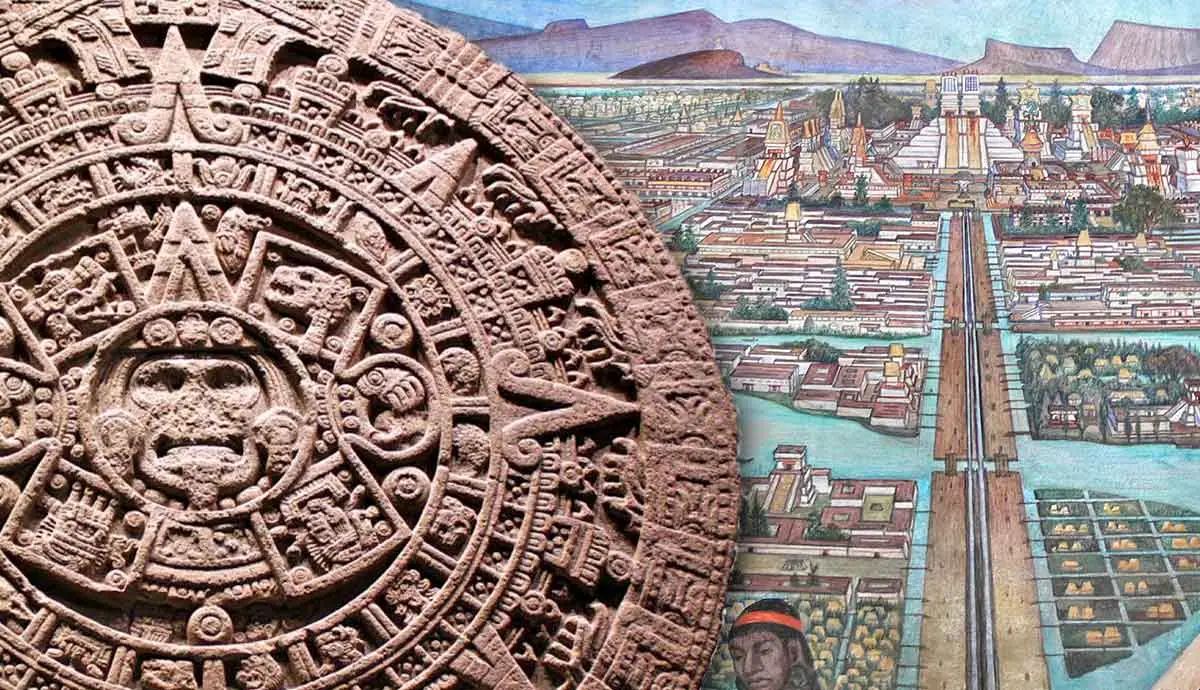Lifestyle
Unveiling the Ultimate All-Time Top 5 Warrior Groups in History

The annals of time are etched with the valor and resilience of countless warrior groups that have indelibly shaped the tapestry of history. In the grand theater of human conflict, these stalwart battalions emerged as beacons of power and prowess, etching their narratives into the very fabric of the world. Journey with us as we unveil some of the most extraordinary warrior groups in history, epitomes of courage, strategy, and unyielding might.

- Spartans: Masters of Ancient Valor Among the pantheon of warrior cultures, the Spartans emerge as an embodiment of ancient Greek valor. Revered and feared, they forged their legacy through rigorous training from youth, honing the arts of war to perfection. The Spartans’ unwavering discipline, bravery, and readiness to lay down their lives for their homeland left an indomitable imprint on history’s canvas.

2. Mongols: Nomadic Conquerors of the Steppes From the vast expanses of the Eurasian steppes, the Mongols galloped forth, leaving an empire that stretched across continents. Their mastery of the equestrian arts, formidable combat skills, and unmatched strategic acumen catapulted them to supremacy in the 13th century. Their brilliance lay not just in the ferocity of battle, but in their unparalleled ability to outmaneuver and outthink their adversaries.

Samurai: The Bushido Guardians of Honor In the feudal landscapes of Japan, the Samurai stood as paragons of honor and martial prowess. Bound by the code of Bushido, their lives were a testament to loyalty, courage, and unyielding ethics. Adept in the art of the blade, they embodied the harmony of mind, body, and soul, mastering martial arts, archery, and the mystique of hand-to-hand combat.

Vikings: Seafarers of Myth and Might From the northern horizons of Scandinavia, the Vikings set sail, etching their saga across Europe. As fearsome raiders and intrepid traders, they navigated treacherous seas and unleashed their ferocity in battle. Their mastery of maritime pursuits and shipbuilding prowess defined an era, as did their indomitable spirit that forged their path with steel and oar.

Aztecs: Conquerors of the Mesoamerican Tapestry Central Mexico bore witness to the rise of the Aztecs, a civilization steeped in militaristic might. Their brutal warfare tactics and macabre human sacrifices marked their prowess in battle. Armed with advanced military technology, such as the macuahuitl—a sword adorned with obsidian blades—they carved a dominion that reverberates through history’s corridors.
Each of these warrior groups etched their saga in blood and valor, standing as testament to the resilience and ingenuity of humanity in times of strife. From the Spartan phalanx to the nomadic Mongol hordes, the disciplined Samurai, the seafaring Vikings, and the awe-inspiring Aztecs, they illuminate the annals of history with the brilliance of their indomitable spirit.
frequently asked questions
Which warrior never lost a battle?
The fact of the matter is that, the only WARRIOR-GENERAL-PRIME MINISTER,Bajirao Ballal Peshwa, who never ever lost even a single battle, in a TRAILBLAZING career of 20 years. This is a UNIQUE and ONLY WARRIOR of the WORLD who till his death remained UNDEFEATED & a VICTOR.
Who are the four greatest warriors?
By corroborating the rhyme with a carving from Karakorum in Mongolia and a text written by Laozi, Cassidy has discerned the identities of four of the five Warriors: Moses, Jesus Christ, Genghis Khan and Napoleon Bonaparte.
Who was the number 1 warrior?
Greatest warriors in History – Alexander the Great. Alexander the Great was a Macedonian king who lived from 356 BC to 323 BC. He is one of the most successful military commanders in history.
Who was the bravest warrior in history?
Alexander the Great is arguably the greatest warrior of all time. He was the King of Macedon between 336 BC and 323 BC. His empire spread from Greece to India, conquering Persia, Syria, the Balkans, Egypt and many other regions. He spent much of his early years under the tutelage of Aristotle.
